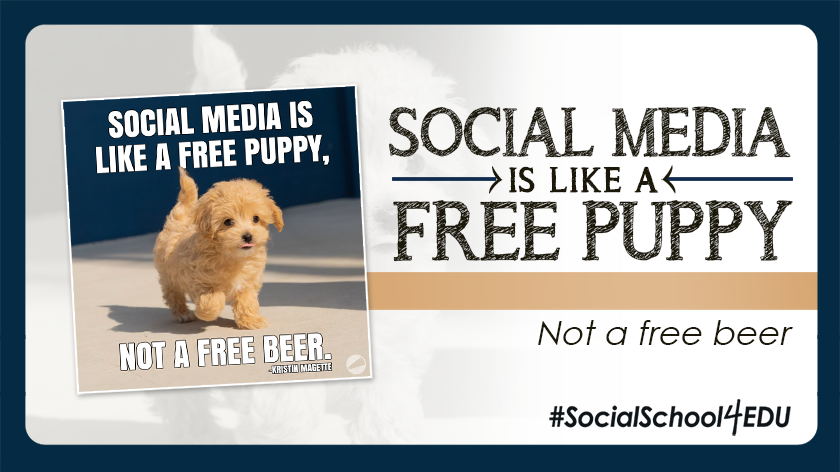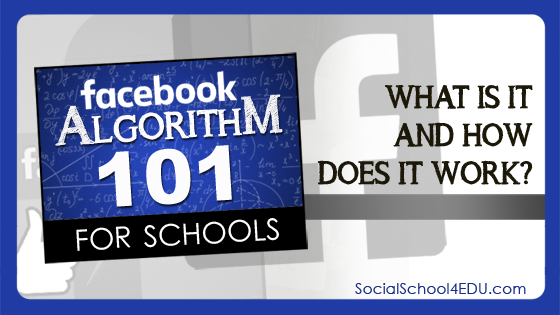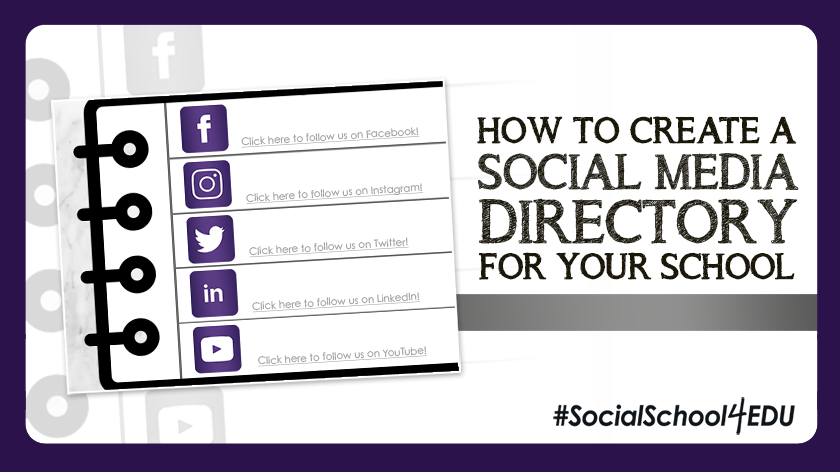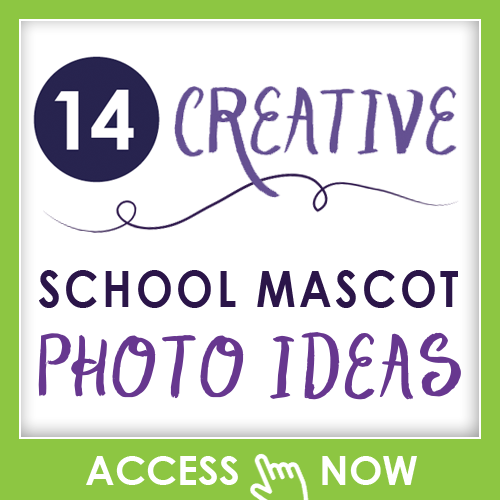We’re starting another school year, so cue the circus music for EVERYONE to ask about starting a new Facebook page for their classroom, team, or organization.
What might seem like good intentions – communication and celebration – can quickly turn into inactive accounts, problematic comments, and total chaos around what parents should be following and how they should stay updated.
Now, I am not one to try to muffle anyone from celebrating the great things happening in your school or district. The more people telling your story, the better.
But…
You and I both know that managing social media pages is not just about posting updates. You actually have to be ready to respond to questions, deal with frustrated parents, and realize that the algorithm won’t show content to everyone who follows the page.
In other words, as my dear friend Kristin Magette, APR explains, “Social media is like a free puppy, not a free beer!”

As a girl born and raised in Wisconsin, who got married in a brewery, this analogy totally makes sense. A beer can be simply enjoyed with a friend. When you get the chance to accept a free one, you’ll (of course!) accept it. There are no strings attached. No long-term commitment.
But a free puppy? My 8-year-old self would gladly say “yes” to that offer. On the surface, you just see the cute puppy who licks your face and plays for hours. But my 44-year-old self, who now has two kids allergic to dogs, would definitely say “no.”
Saying “yes” to a puppy means that I have basically just given birth to child number 7 in our family. For the next 12-14 years, this dog will need to be fed, played with, walked, loved, given medical care, and more!
Well – this analogy can totally be used with your staff who, like my 8-year-old self, are just excited about the free tool called social media.
Calm down. There are some things to think about.
Let me break down some reasoning, beyond the funny saying, behind why we suggest proceeding with caution to saying “yes” to every request for a new social media page or account associated with your school.
Hurdle #1: Each separate channel means building a new audience or following
Imagine going to the circus. There is a big show under the main tent that everyone flocks to see. That is like your district’s social media accounts: Your primary Facebook, Twitter, and Instagram accounts.
Now at the circus, you can also travel from side-show to side-show to watch specialized tricks or acts. But circus attendees need to walk around to see those – and if they aren’t careful, they might miss the big show!
These sideshows are like all of the other social media accounts associated with your school. As a parent of six kids, I can say firsthand that by trying to follow a district account, a high school page, a middle school page, an elementary page, a basketball page, an FFA page, a band page, and more – I am bound to miss something important!
Hurdle #2: Every post does not reach every follower
Many social media page managers don’t realize that posts made on your page are not seen by all followers. This is due to the algorithm that exists on each platform.
There is so much content out on social media that Facebook and other platforms can’t show every post from every friend, business, or page that a Facebook user follows. They have an intricate algorithm that determines who will see what posts. This involves how often the account posts, whether people are engaging with it, and more.
To learn more about the algorithm, click here.
Your district channels likely have the biggest following, so celebrating the big milestones and accomplishments for classrooms, organizations, and teams on the district’s social media accounts makes the most sense.
If your staff members need a way to communicate with the people most directly related to their program, I suggest direct email, text, or other apps like Remind, Class Dojo, or SeeSaw. Those methods are more apt to reach the intended audience.
Hurdle #3: Are they ready to respond to strange comments?
Posting on social media is just one half of the equation.
Social media is meant to be social – meaning, people will be interacting on that new account.
Are your colleagues prepared to monitor the account for questions that pop up from parents who expect an immediate answer from you? If someone starts complaining or arguing with another follower of the account, are they prepared to handle it?
This is the part where the free puppy gets sick, and you have to take time out of your busy schedule to take it to the vet.
If one of your staff members is going to start their own channel, they have to be prepared for dealing with comments. And it’s not as easy as turning off comments altogether. Here is a helpful article on controlling comments on Facebook.
Hurdle #4: What is your district plan for these account requests?
Developing guidelines to handle these types of requests for social media accounts is important. Will you allow Twitter accounts, but not Facebook pages? Can only employees of the district-run pages be associated with the school, and not volunteer coaches or parents? And what happens when someone leaves and doesn’t shut down their account?
If you are ready to tackle this – and it is not for the faint of heart – please know that it will likely take years to get it under control. If you allow pages from others, you should consider an official social media directory on your website. This helps parents and community members find the correct accounts for your school.
This article helps break down the seven steps to creating a directory.
Understand this, too: Not everyone will ask you before they start the account. Some of your colleagues will just start them and you’ll find out about them later (sometimes years later). This will be an ongoing process and requires staff training and constant communication!
Wrap Up
Do you think this analogy will help control your requests for new pages? I’d love to hear it below. And if you have some helpful advice for other social media managers on this topic, can you share it back here? We all can learn from one another!




